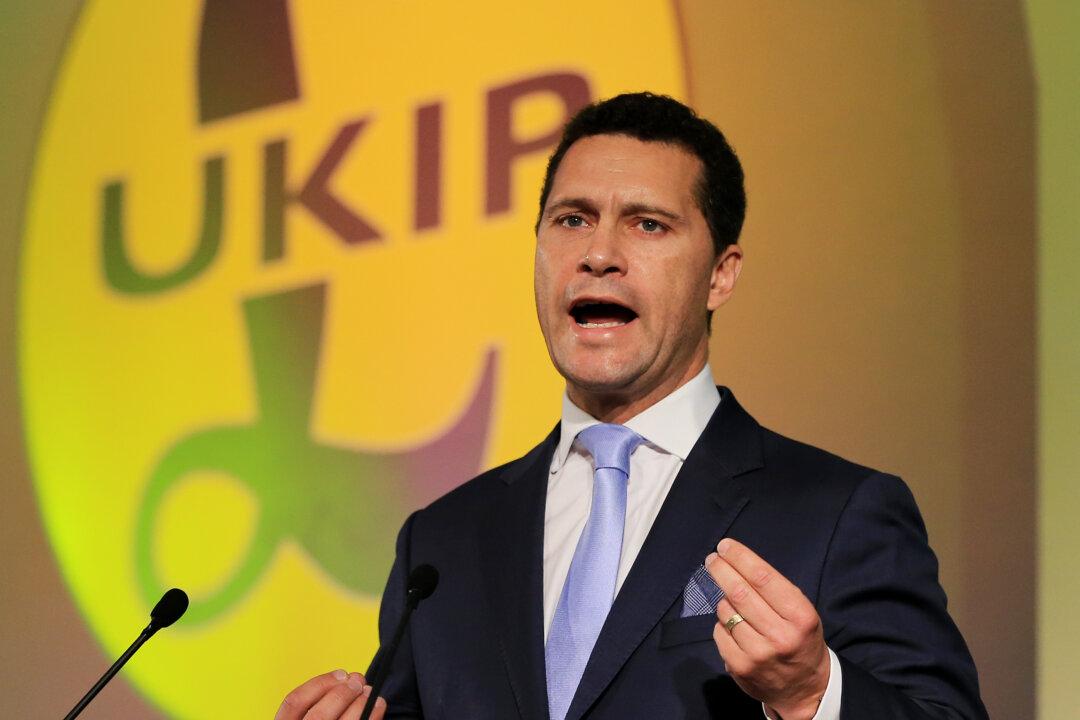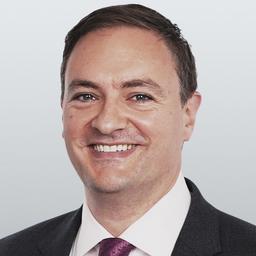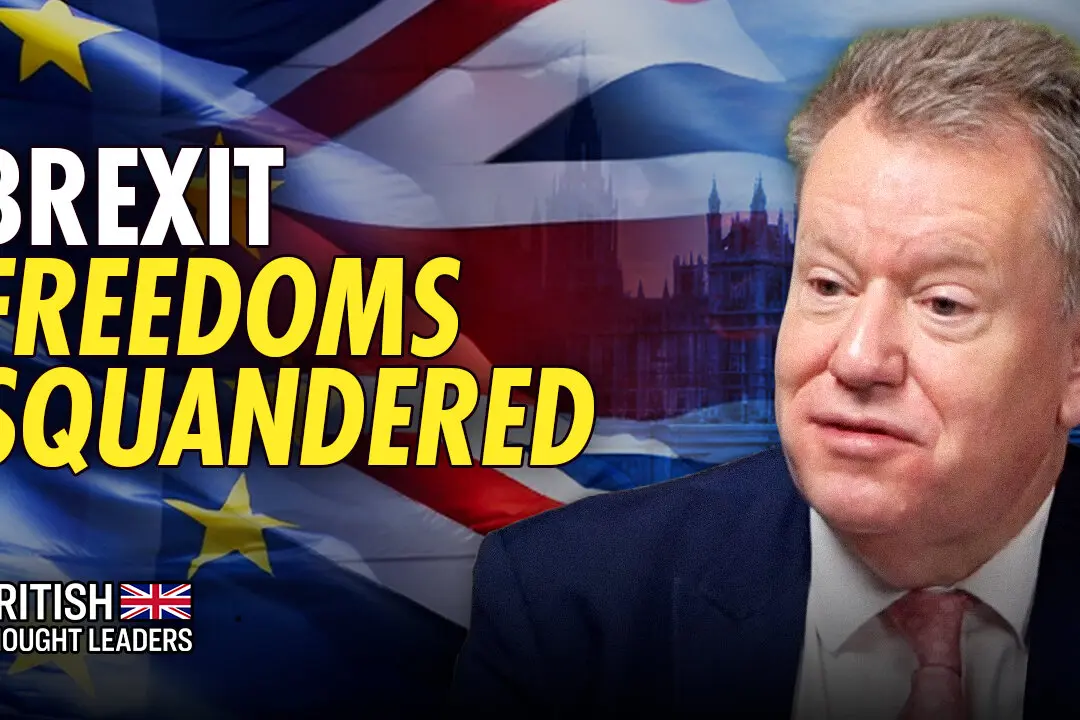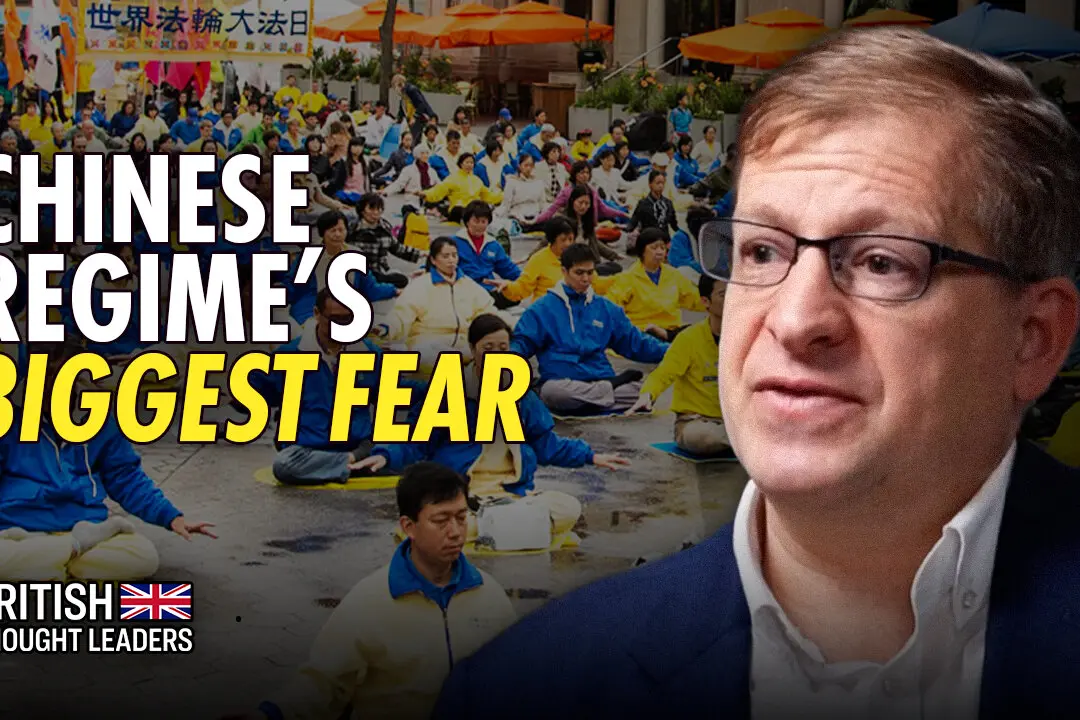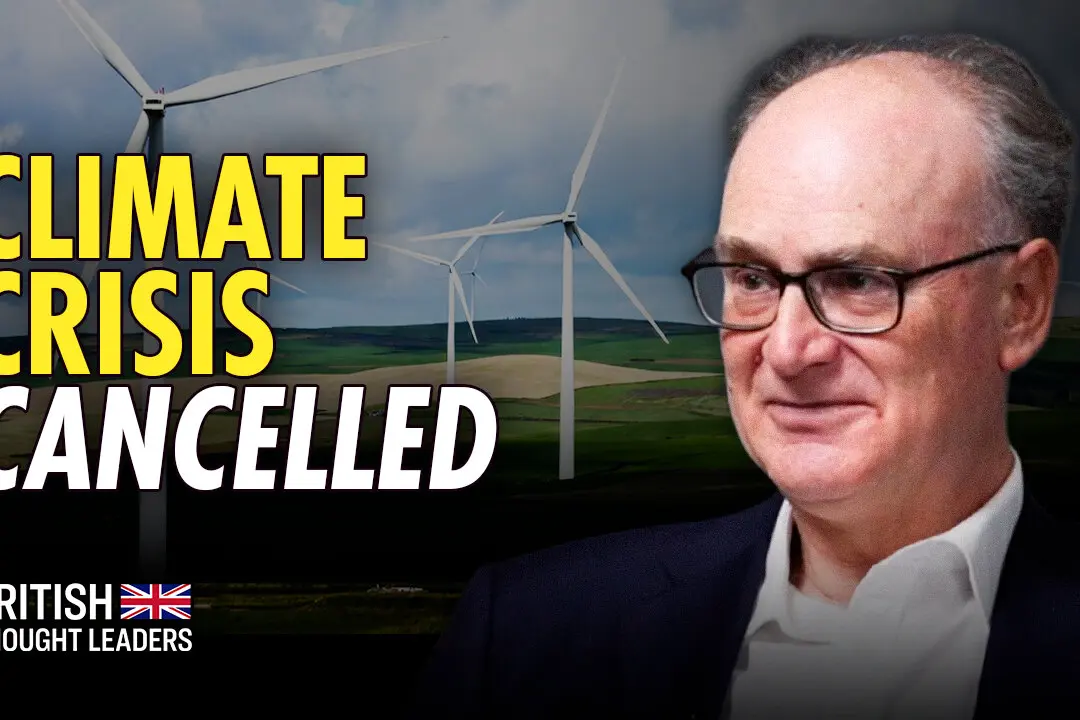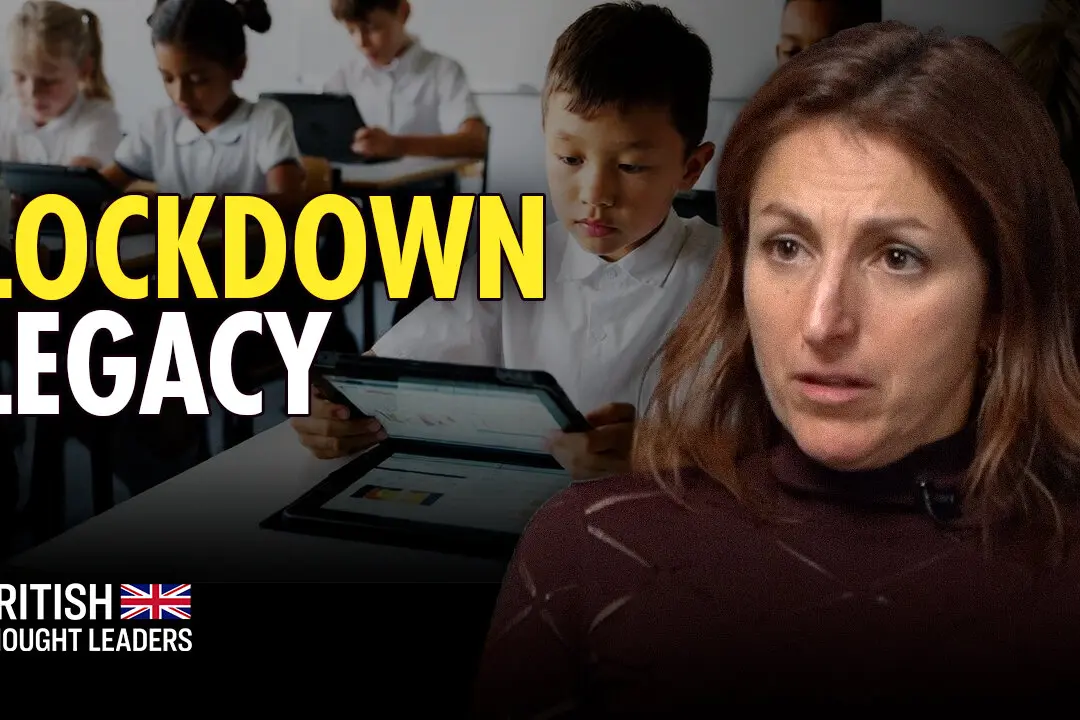Britain’s social fabric has been impacted by the volume of legal and illegal immigration in the past ten or 20 years, according to Steven Woolfe, director of the Centre for Migration and Economic Prosperity.
In an interview for NTD’s “British Thought Leaders” programme, Mr. Woolfe said: “It’s impacting us in terms of the housing, the need to house people. It’s impacting social fabric, hospitals, schools, infrastructure, even as basic as water and electricity because we now have a population growth that is not capable of being dealt with by this government, and nor will it be able to be dealt with easily by the next.”
